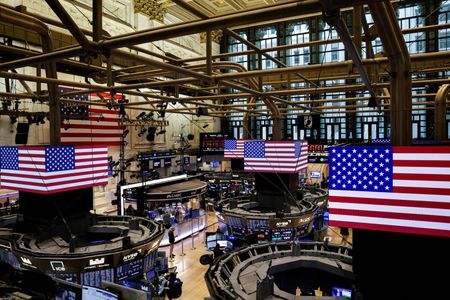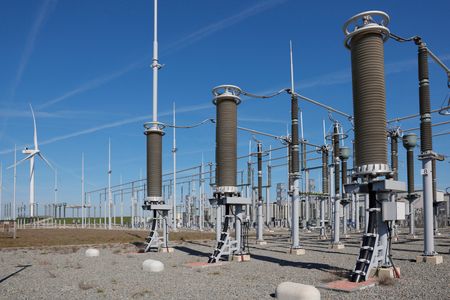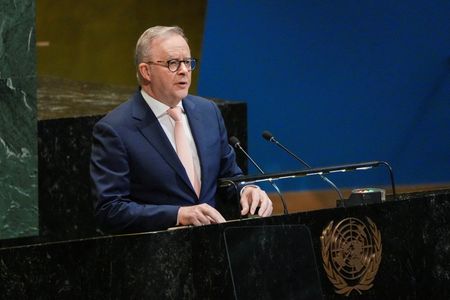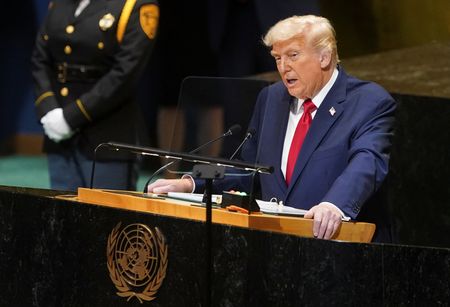By Davide Barbuscia
NEW YORK (Reuters) -Market euphoria could carry U.S. stocks another 20% higher before giving way to a collapse on the scale of the 1929 crash that ushered in a global recession, according to tail-risk hedge fund Universa Investments.
The benchmark S&P 500 has gained about 13% this year, hitting a fresh record high on Monday after the Federal Reserve last week cut interest rates for the first time since December.
The central bank has indicated more cuts are likely as it tries to counterbalance a weakening labor market, which could add to and broaden Wall Street’s rally.
For Mark Spitznagel, chief investment officer and founder of Universa, stocks may rise roughly another 20% from current levels, driving the S&P 500 index – which was last at about 6,653 points – to over 8,000 points.
However, he warns that this ascent is likely to be followed by a historic crash as the U.S. economy is expected to buckle under the burden of still high borrowing costs.
“I do expect an 80% crash … but only after a massive, euphoric, historic blow off rally,” said Spitznagel in an interview. “I would argue we’re in the middle of that (rally) right now, not at the end of it.”
Miami-headquartered Universa is a $20 billion hedge fund that specializes in protecting against “black swan” shocks – rare, high-impact events that jolt markets – using financial instruments such as credit default swaps, stock options, and other derivatives that gain value during extreme market dislocations. Its average return on capital since its founding in 2007 is over 100%.
Investors use such tail-risk funds as insurance, as they carry small costs that drag on performance until disaster hits and the payoff is massive. Universa proved the point in 2020, emerging as one of the big winners amid the market chaos unleashed by the COVID-19 pandemic.
“Universa is the most bearish expression of the market there is, and clients use us to be longer the market … which is paradoxical,” said Spitznagel, adding he remains bullish for the time being.
Spitznagel had said last year investors should seize the “goldilocks” moment for markets caused by expectations that the Fed could tame inflation without hurting the economy, and predicted that euphoria would build further before giving way to a crash.
He also said in a separate interview later last year, when the Fed started easing monetary policy, that a U.S. recession was imminent.
While the economy has held up well since then, Spitznagel argues it is still propped up by the excesses of ultra-loose monetary policy since 2008, and that the full impact of sharply higher rates that followed the pandemic has yet to be felt.
“We’re going to see the consequences of that … it takes time,” he said.
(Reporting by Davide BarbusciaEditing by Marguerita Choy)











